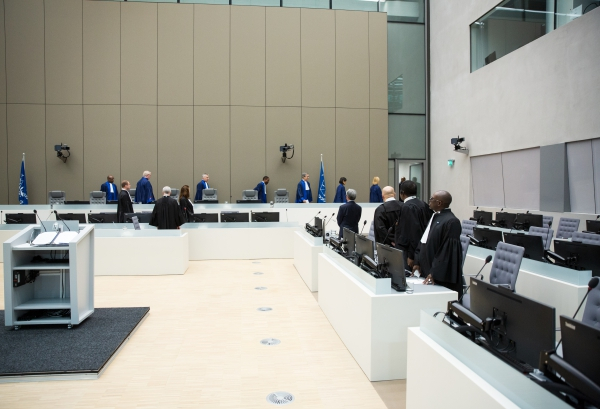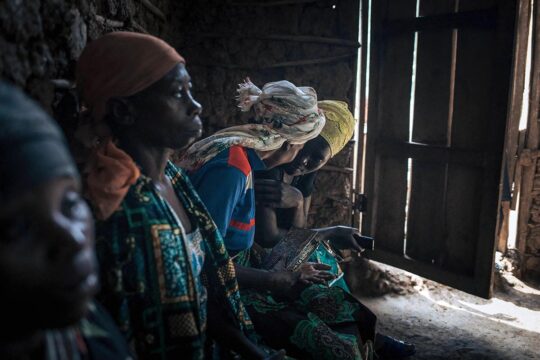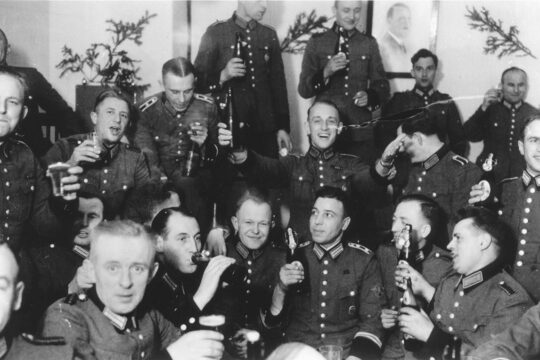Once again this week, questions have been raised about current models of transitional justice and reconciliation procedures. Justice Info spoke to three lawyers and activists from Burundi, Côte d’Ivoire and Georgia, who shared their views on the International Criminal Court (ICC). These three perspectives shine a light on the Court’s impact and its failures.
Burundian lawyer Lambert Nigarura, listed as an “enemy of the country” and in exile since 2015, says “the regime is afraid of the Court” after the ICC launched investigations Burundi’s leaders for alleged crimes against humanity. Expressing a positive view of the ICC, the lawyer thinks that “justice can be done” despite the obstacles strewn in its path by the regime in Bujumbura.
Eric-Aimé Semien, president of the Ivoirian Human Rights Observatory (OIDH), is much more critical. He says the ICC is only bringing to justice former president Gbagbo and one of his close aides. “In order to have real reconciliation, let us hope that the prosecutions be balanced against both sides,” he says. “The ICC should be thinking about this every day in its work.” Semien also criticizes the extreme slowness of ICC trials. The one against Gbagbo has, for example, been ongoing for more than two years.
There is the same dissatisfaction on the part of Georgian lawyer Nika Jeiranashvili, who came to The Hague three years ago when the ICC opened investigations on the Russia Georgia war of 2008. He criticizes “the unbelievable distance between the Court and realities on the ground”. Indeed, after three years, the investigations seem at a standstill, while victims are still demanding justice.
In Mali, the reconciliation process seems under threat from a dangerous escalation of violence. Researchers Yvan Guichaoua and Dougoukolo Alpha Oumar Ba-Konaré talked to Justiceinfo.net about recent events. Guichaoua questions the “pragmatic choice of associating with the community militias (...) and failure to anticipate the effects of this anti-terrorist struggle on the social fabric”. Dougoukolo Alpha Oumar Ba-Konaré points to the same problem. “Everything is put secondary to a totally militarist vision,” he says. “It is true that without security there can be no plan for development and integrating people in development and socio-political mechanisms. But those things can be the key to bring more security.”
Finally to Tunisia, where transitional justice is also struggling. On May 18, the Truth and Dignity Commission nevertheless transferred its first case linked to victims of the January 2011 Revolution to the special criminal chamber in Kasserine. “This is an important step in Tunisia’s difficult progress towards transitional justice,” according to Amna Guellali, director of the Human Rights Watch office in Tunis. As the country prepares for this first emblematic trial, HRW is calling for Tunisia to introduce new provisions on “command responsibility” into its Penal Code, “in line with international legal definitions”, so as to ensure that the people who actually ordered crimes do not escape justice.






